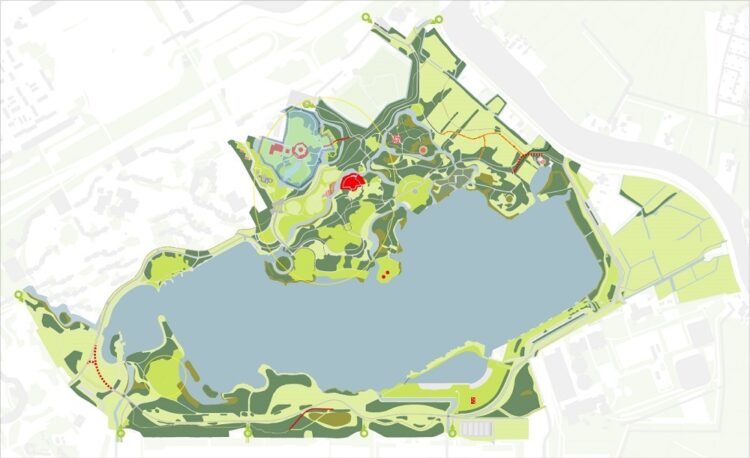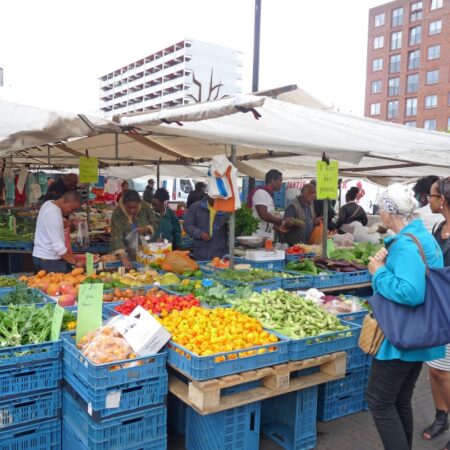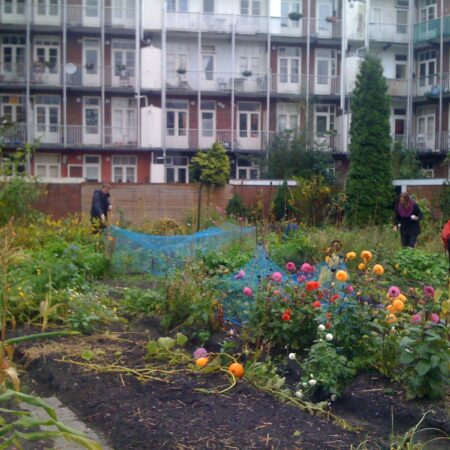Supporting healthy eating practices for a multicultural society in Amsterdam
Oct 2020 - ongoing
The importance of culinary traditions and eating habits in the design of an inclusive local food system.
The municipality of Amsterdam created an urban food strategy that supports the transition from a globalized food system to a more localized, healthy, social and sustainable food system. The goal is to create an inclusive food environment that guarantees access to healthy foods and supports healthy food consumption. The question is how these new types of urban food production and changes in the food environment can contribute to healthier food consumption patterns among the inhabitants of Amsterdam South-East.

The diversity in food cultures makes it challenging to create suitable guidelines for food consumption that fits within the values and beliefs of the diverse population of Amsterdam South-East. Moreover, existing interventions that focus predominantly on changing eating behaviours at the individual level have only limited effect. We use a bottom-up approach to determine how the design of an inclusive food environment can support a shift in consumption patterns.
The project focuses on the question: What do citizens of the Gaasperplas area consider as healthy food and what factors limit these citizens in executing their preferable healthy food practices? Together with the citizens, we discuss the different scenarios of future urban agriculture and the food environment. This creates insights on what type of urban food enviroment and food production can ensure transition towards healthier consumption practices.


Project coaches: Rick Schifferstein & Sigrid Wertheim-Heck (WUR)
Partner: AMS Institute